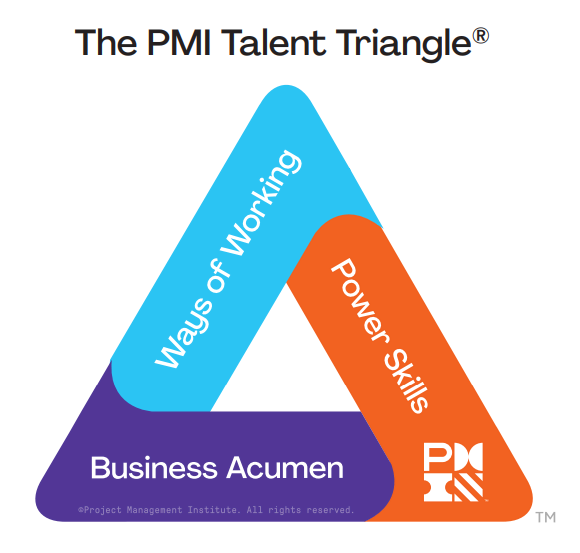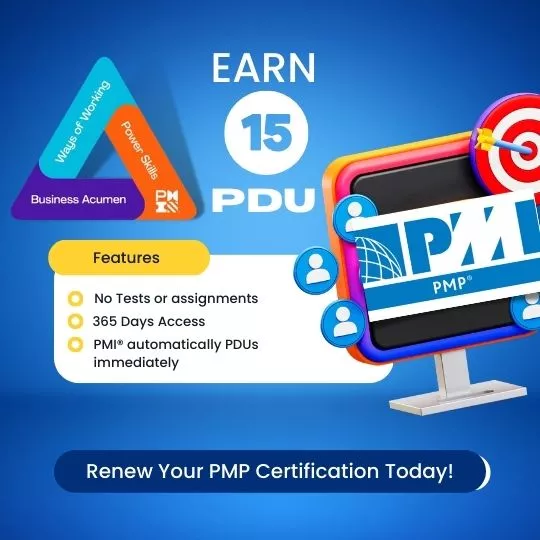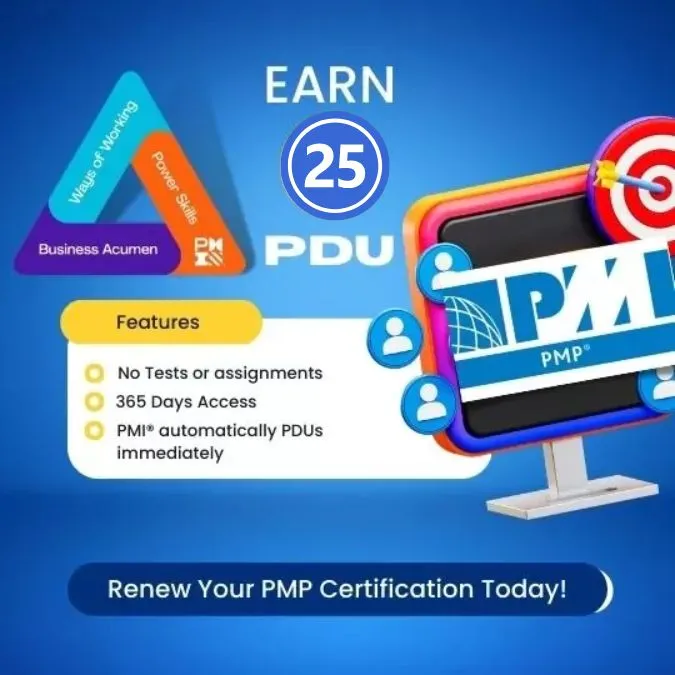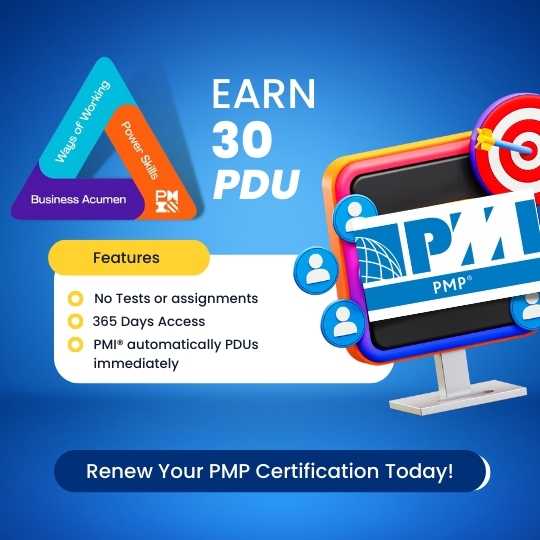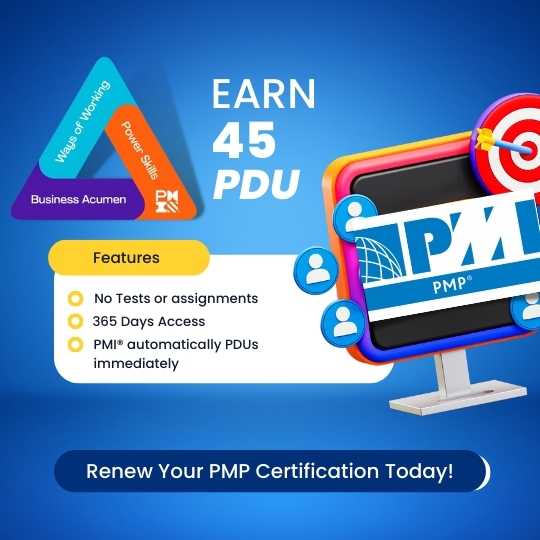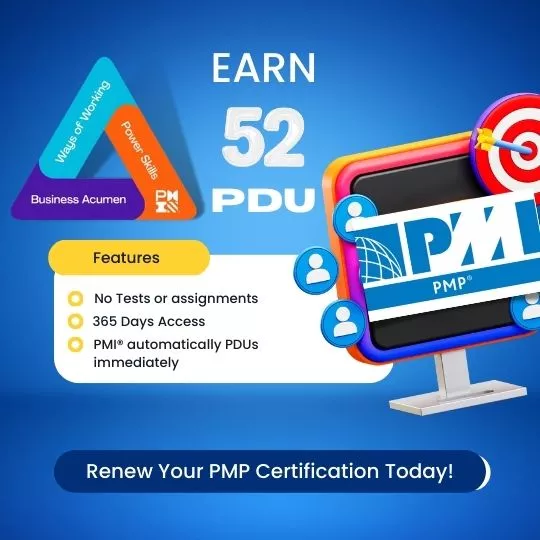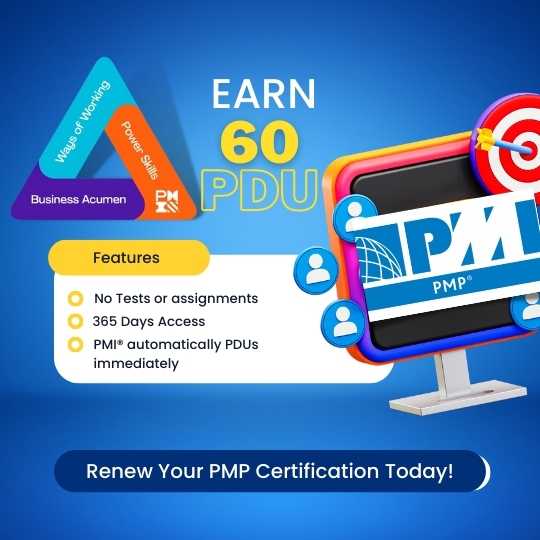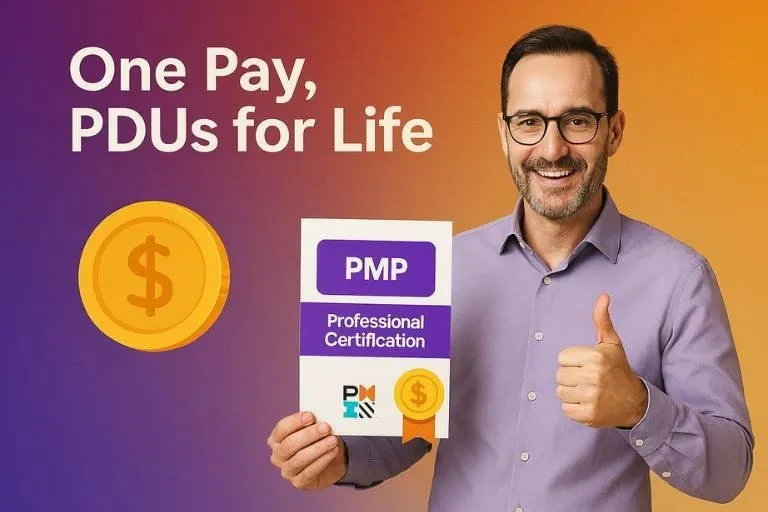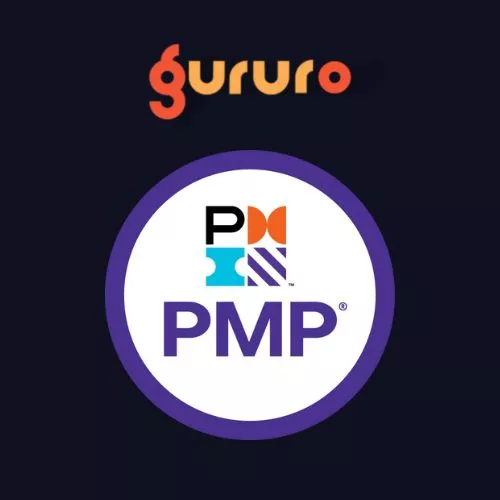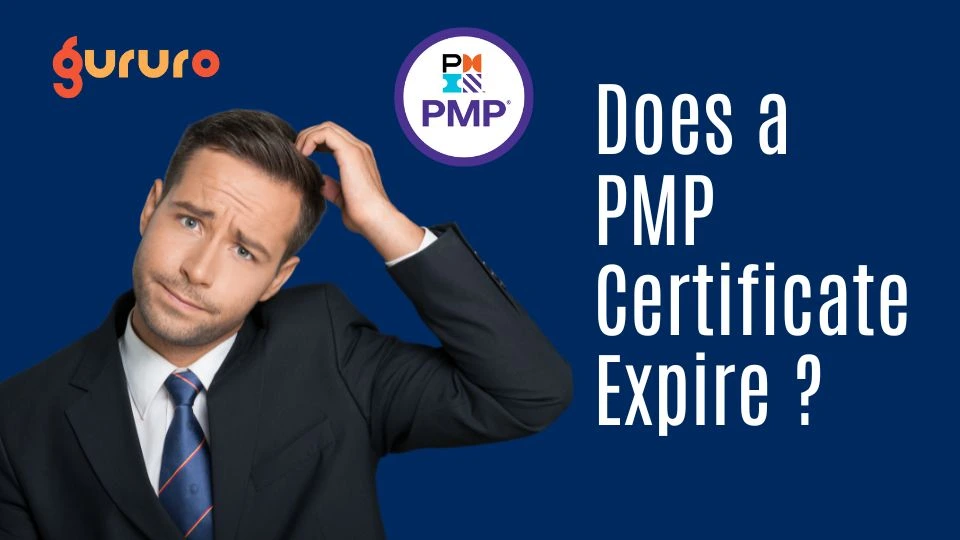Introduction
If you are a PMP-certified project manager, you already understand the value of your credential.
📈 According to PMI’s 2023 Salary Survey, PMP holders earn up to 20% more than non-certified professionals.
That alone makes renewal important.
The challenge usually begins when the reminder arrives: 60 Professional Development Units (PDUs) are required to renew your PMP certification. For many professionals, this feels overwhelming—especially when work schedules are already full.
The good news is that earning PDUs becomes far easier once you understand how the PMI Talent Triangle works. With the right distribution strategy, PMP renewal becomes structured, predictable, and manageable.
When I completed my first PMP renewal, the turning point was learning how many PDUs were required in each Talent Triangle section. That clarity reduced confusion, saved time, and removed last-minute stress. This guide will help you do the same.
Understanding PMP PDU Requirements
If you hold a Project Management Professional (PMP), Program Management Professional (PgMP), Portfolio Management Professional (PfMP), or Professional in Business Analysis (PMI-PBA) certification, you are required to earn 60 Professional Development Units (PDUs) within a 3-year certification cycle to maintain your credential.
60
Total Required
35+
Education (Min)
25
Giving Back (Max)
This requirement ensures that certified professionals stay current with industry trends, enhance their skills, and contribute to the project management community.
The cool part? You’ve got options. You can go all-in on Education PDUs for PMP certification and earn all 60 PDUs that way, or mix in some Giving Back PDUs for PMP renewal to show off your leadership. When I renewed my PMP, I went for 40 Education PDUs through online PMP PDU courses and 20 Giving Back PDUs by coaching a colleague. It kept things fresh and let me flex different muscles.
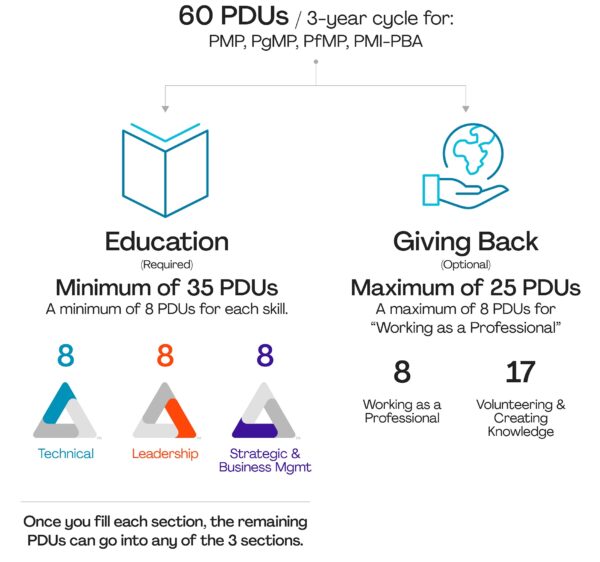
PDU Requirements: A Closer Look
You need a minimum of 35 PDU’s in learning and development. There’s no limit to the maximum number of PDU’s attained in the education category, So if you want you can attain the entire 60 PDU’s in the education category.
The PMI Talent Triangle® has been updated to reflect the evolving skills needed in today’s project management landscape. It now includes three critical areas of focus that professionals must master for ongoing development and success: Ways of Working, Power Skills, and Business Acumen. These areas are essential for project and program leaders to thrive in an increasingly complex business environment.
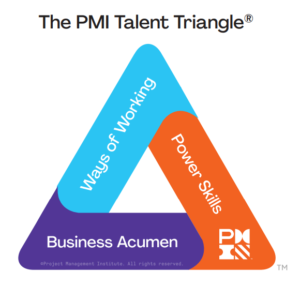
Here’s a breakdown of the updated PMI Talent Triangle®:
🛠️
Ways of Working
(Previously: Technical Project Management)
What it means: This covers how you approach delivering projects. It’s about having a toolkit of methods and knowing when to use each one, whether it’s Agile, Waterfall, or Hybrid. You’re not tied to one way—you choose the best method for each project.
Example: Let’s say you’re managing a software development project. You might use Agile for parts of the project where there’s uncertainty and rapid iteration is needed, but stick to Waterfall for sections that have clearly defined requirements. Having the flexibility to switch between approaches based on the situation is “Ways of Working” in action.
🤝
Power Skills
(Previously: Leadership)
What it means: These are the soft skills that help you work with people—communication, leadership, emotional intelligence, and influence. It’s not just about managing tasks; it’s about leading people effectively.
Example: Imagine you’re leading a project, and your team is facing a tight deadline. By using Power Skills like active listening, empathy, and clear communication, you can motivate your team, manage conflicts, and help them stay focused. Instead of simply pushing for results, you foster an environment where people feel heard and supported.
💼
Business Acumen
(Previously: Strategic and Business Management)
What it means: This is your ability to understand the business context of your projects. It’s about knowing your industry, understanding the organization’s strategic goals, and ensuring your project delivers value aligned with those goals.
Example: Suppose you’re managing a marketing campaign for a product launch. If you have Business Acumen, you won’t just focus on meeting the deadlines or the budget. You’ll understand the bigger picture—how this campaign fits into the company’s overall strategy, what the competitive landscape looks like, and how your project can help achieve long-term business objectives.
Education PDUs Explained
To hit the PMP certification renewal mark, you need at least 35 Education PDUs. These are your ticket to staying on top of the game, and there’s no cap, so you could technically knock out all 60 PDUs here. They’re tied to the PMI Talent Triangle for PMP renewal, which we’ll dig into later, and cover skills like Agile, leadership, and business smarts.
Practical Ways to Earn Education PDUs
Online Courses: Platforms like Gururo have courses on Agile methodologies, risk management, or stakeholder engagement. Starting from 2 PDU to 15 PDU.
PMI Chapter Events: Pop into local or virtual PMI meetups with guest speakers on project management trends. You’ll snag 1-2 PDUs per event.
Self-Directed Learning: Curl up with a book or article on Scrum frameworks or business analysis. Every hour spent reading gets you 1 PDU.
Formal Education: Sign up for something meaty, like PMI-ACP prep or portfolio management training, for a big PDU haul.
Podcasts and Videos: Tune into PMI-approved podcasts on team dynamics or videos on change management. These can net 0.5-1 PDU per hour.
Explore a detailed review of popular platforms offering PMP PDU courses, including Udemy PMP PDU courses and LinkedIn PMP PDU courses.
Real Example: Practical PDU Planning
Take Sarah, a PMP-certified project manager I know. She was swamped but needed 35 Education PDUs. She took a Gururo course on Hybrid project management (10 PDUs), joined a PMI webinar on leadership skills (2 PDUs), and read a book on business acumen (8 PDUs). By mixing it up, she hit 40 PDUs in six months, aced her renewal, and learned tricks that wowed her boss.
Giving Back PDUs Explained
Giving Back PDUs for PMP renewal are optional, capped at 25 PDUs, and all about contributing to the project management world. They’re a chance to shine while helping others, and honestly, they feel pretty darn good.
Ways to Earn Giving Back PDUs
- Volunteering: Join a PMI chapter board or help plan a PMI conference. You’ll earn 1 PDU per hour.
- Mentoring: Coach someone aiming for their PMP. Log each hour for 1 PDU.
- Creating Content: Write a blog comparing Agile vs. Waterfall or host a webinar. These can score 1-2 PDUs.
- Professional Work: Use your project management skills on the job, like running a tricky program, and claim PDUs.
My Mentoring Win
Last year, I mentored a coworker prepping for the PMP exam. We’d grab coffee and geek out over risk management and stakeholder engagement. I earned 10 Giving Back PDUs, but the real reward was seeing her pass and getting a new angle on my own work. Total win-win!
Choosing the Right PDU Provider
Picking a solid PDU provider is make-or-break for PMP certification renewal. You want PMI-approved options that align with the PMI Talent Triangle for PMP renewal.
Gururo: Affordable online PMP PDU courses covering Agile, leadership, and business acumen.
PMI’s E-Learning Portal: Packed with webinars and courses for Education PDUs.
Local PMI Chapters: Offer events that net 1-2 PDUs each.
Pro Tip: Always check for PMI approval. I once took a course that wasn’t approved and had to scramble to replace those PDUs. Learn from my oops!
Conclusion
Tackling 60 PDUs for PMP certification renewal doesn’t have to be a chore—it’s a chance to grow, connect, and shine as a project management pro. By leaning into the PMI Talent Triangle for PMP renewal, mixing Education PDUs for PMP certification with Giving Back PDUs for PMP renewal, and tapping resources like Gururo, you’ll breeze through renewal and come out stronger. Start today, and let every PDU push you closer to your career dreams.
Your move: check out online PMP PDU courses and sketch out your PDU plan. Your PMP certification is too valuable to let slip!
FAQs
Can I earn all 60 PDUs online?
Absolutely! Platforms like Gururo offer online PMP PDU courses that cover all PMI Talent Triangle areas—Ways of Working, Power Skills, and Business Acumen. You can complete them from your couch, at your own pace.
What counts as Giving Back PDUs for PMP renewal?
These include volunteering (like helping at a PMI event), mentoring aspiring project managers, creating content (think blogs or webinars), or applying project management skills in your job, like leading a complex project.
Can I carry over extra PDUs?
Yep, you can roll over up to 20 extra PDUs earned in the final year of your cycle to kickstart your next one. It’s like a head start for your next renewal!
What happens if I miss the PDU deadline?
Your PMP certification goes into suspension for one year. During this time, you can’t use your credential but can catch up on PDUs. If you miss the grace period, you’ll need to retake the PMP exam, which is a headache you don’t want.
How do I know if a course is PMI-approved?
Check the provider’s website for a PMI Registered Education Provider (REP) logo or confirmation. Reputable platforms like Gururo clearly state their approval. When in doubt, contact PMI to verify.
How do I avoid a PMI audit?
You can’t guarantee avoiding an audit, as PMI randomly selects candidates. But you can prepare by logging PDUs in the CCRS as you earn them and keeping records (certificates, emails, or receipts) for 18 months. My audit was a breeze because I had everything organized in a Google Sheet.
Are there PDUs for attending PMI global conferences?
Definitely! PMI’s global or regional conferences can earn 10-20 PDUs, depending on the sessions you attend. They’re also great for networking and covering multiple Talent Triangle areas in one go.
Can I earn PDUs for reading books?
Yes, self-directed learning like reading books or articles on project management counts for 1 PDU per hour. Just document the time spent and ensure the content aligns with the PMI Talent Triangle. I earned 5 PDUs reading a book on Agile during my commute.
How long does it take to process my PMP renewal?
Once you submit your PDUs and renewal application through PMI’s website, processing typically takes 5-7 business days. If audited, it might take longer, so submit early to avoid stress.
Can I earn PDUs for other PMI certifications like PMI-ACP or CAPM?
PDUs earned for your PMP can often count toward other PMI certifications, like PMI-ACP or CAPM, as long as they align with the certification’s requirements. Check PMI’s CCRS for specifics, but courses on Agile or business analysis usually overlap nicely.
What’s the difference between contact hours and PDUs?
Contact hours are earned before you get your PMP to qualify for the exam (35 hours of project management education). PDUs are earned after certification to maintain it. Think of contact hours as your entry ticket and PDUs as your renewal pass.

